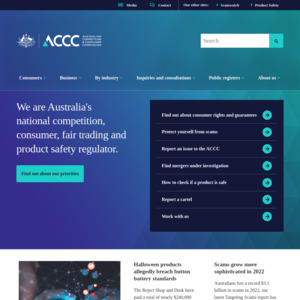If you visit a store tomorrow that has a set card surcharge (e.g. 50c), it is now illegal for them to do this with most cards.
They are however allowed to pass on the cost of exactly what they are paying. E.g. If it costs the business 1.5% of your bill for a Visa card payment, they can pass this on to you.
Exclusions to this rule include American Express cards issued directly by American Express, BPAY, PayPal, Diners Club cards and cheques.
Businesses aren't allowed to average out the different card fees either, they can either charge the appropriate fee for each card or the lowest of the card fees.
Find out the full details below:
http://www.abc.net.au/news/2017-08-31/eftpos-credit-card-exc…
What are your thoughts? How would you prefer for small businesses to react?

How about minimum spend amounts though, it's basically the same as a surcharge.